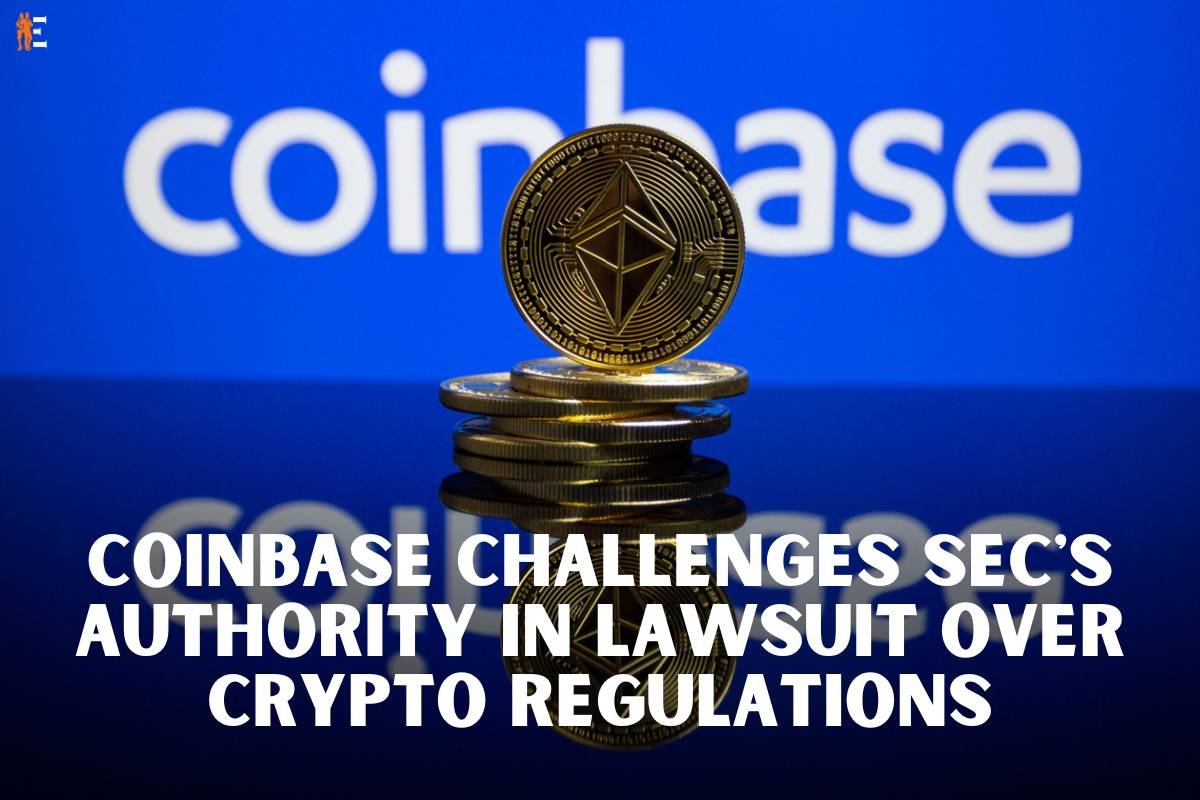Coinbase Global, the largest cryptocurrency exchange in the United States, has declared that the Securities and Exchange Commission (SEC) lacks the authority to sue them in their ongoing legal battle with the regulatory agency. The SEC had filed a lawsuit earlier this month, alleging that Coinbase violated securities laws by operating an unregistered securities exchange, broker, and clearing agency.
Central to the SEC’s case is the claim that 13 cryptocurrencies traded on the Coinbase platform are securities and should fall under the agency’s jurisdiction. In response, Coinbase argued in a letter filed with a Manhattan federal court that the tokens mentioned by the SEC, including Sol, ADA, and MATIC, are not securities and should be exempt from the agency’s scrutiny. Coinbase reiterated these arguments in a longer 177-page filing.
Rise in Coinbase Stock
Following Coinbase’s legal response, its stock rose by 1.4% on Thursday. The company’s stock has doubled since the beginning of the year but remains 79% down since its initial public offering (IPO) two years ago. The determination of whether certain cryptocurrencies qualify as securities is crucial to the SEC’s broader campaign to regulate the cryptocurrency industry. The agency has also made a similar claim in a separate lawsuit against Binance, the world’s largest cryptocurrency exchange.
Coinbase CEO on SEC Lawsuit and Cryptocurrency Regulatory Challenges
The Howey Test
The SEC’s framework for assessing digital assets as securities relies on the “Howey test,” which originated from a 1946 Supreme Court case involving the sale and leaseback of Florida orange groves. According to the test, an investment is deemed a security if it involves the investment of money in a common enterprise with profits primarily derived from the efforts of others. Supporters of Bitcoin argue that it does not meet this definition as it was created in 2009 by an anonymous software developer and was not intended to generate profits for entrepreneurs through private sales to institutional investors.
Coinbase vs. SEC
SEC Chair Gary Gensler, as well as former Chair Jay Clayton, have expressed their view that Bitcoin is not a security. Coinbase’s lawyers highlighted Gensler’s comments from May 2021, shortly after he assumed office, where he acknowledged a regulatory gap in the oversight of crypto exchanges and suggested that only Congress could address the issue.
Coinbase and other companies have also contended that the SEC has not provided a viable pathway for crypto issuers or companies offering cryptocurrencies to register with the agency. Although the SEC has granted a limited number of crypto security broker-dealer licenses, few, if any, are currently operating as businesses.
The outcome of the lawsuit holds significant consequences for Coinbase. Analyst Trevor Williams of Jefferies noted that if the SEC prevails, it could cast doubt on Coinbase’s viability as a business. The case is expected to proceed through the courts, and the ultimate resolution will have far-reaching implications for the cryptocurrency industry as a whole.











